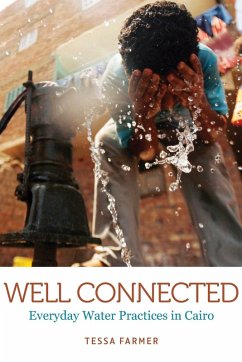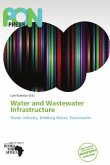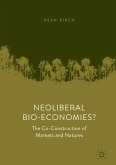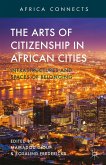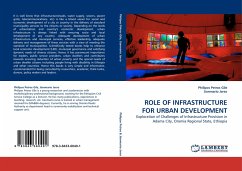How a community in Cairo, Egypt, has adapted the many systems required for clean water. Who is responsible for ensuring access to clean potable water? In an urbanizing planet beset by climate change, cities are facing increasingly arid conditions and a precarious water future. In Well Connected, anthropologist Tessa Farmer details how one community in Cairo, Egypt, has worked collaboratively to adapt the many systems required to facilitate clean water in their homes and neighborhoods. As a community that was originally not included in Cairo's municipal systems, the residents of Ezbet Khairallah built their own potable water and wastewater infrastructure. But when the city initiated a piped sewage removal system, local residents soon found themselves with little to no power over their own water supply or wastewater removal. Throughout this transition, residents worked together to collect water at the right times to drink, bathe, do laundry, cook, and clean homes. These everyday practices had deep implications for the health of community members, as they struggled to remain hydrated, rid their children of endemic intestinal worms, avoid consuming water contaminated with sewage, and mediate the impact of fluctuating water quality. Farmer examines how the people of Cairo interact with one another, with the government, and with social structures in order to navigate the water systems (and lack thereof) that affect their day-to-day lives. Farmer's extensive ethnographic fieldwork during the implementation of the Governorate of Cairo's septic system shines through in the compelling stories of community members. Well Connected taps into the inherent sociality of water through social contacts, moral ideology, interpersonal relationships, domestic rhythms, and the everyday labor of connecting.
Hinweis: Dieser Artikel kann nur an eine deutsche Lieferadresse ausgeliefert werden.
Hinweis: Dieser Artikel kann nur an eine deutsche Lieferadresse ausgeliefert werden.

